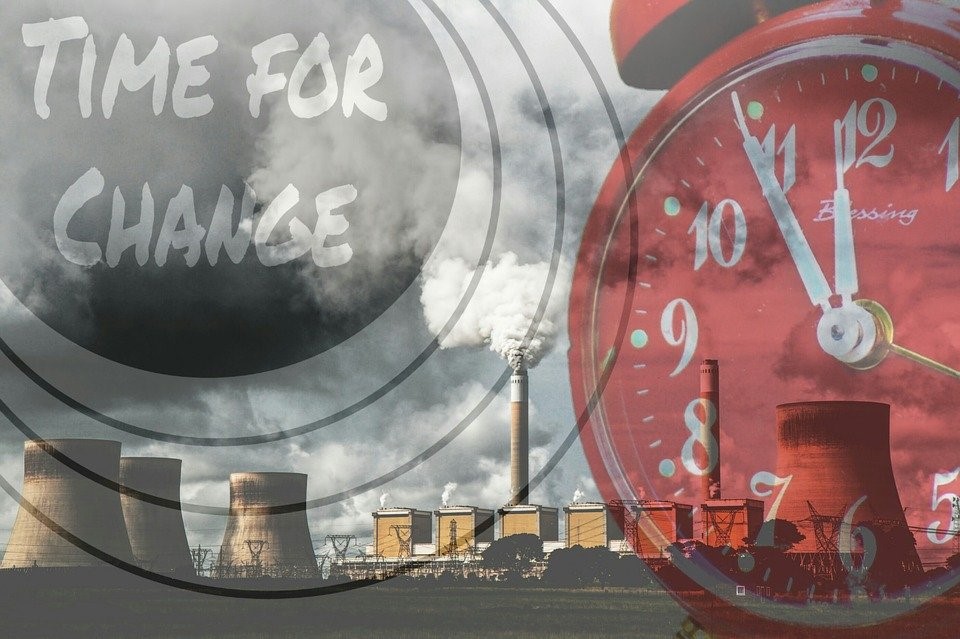The 112CO2 project helps with reducing CO2 emissions

date: 29/10/2020
Despite the continuing progress in developing effective technologies based on renewable resources, still lacking technologies that allow fast and economically sustainable transition for a decarbonized economic and beyond. Energy decarbonisation is one of the most urgent requirements for sustainable development of our society, since the negative effects of CO2, the most significant greenhouse gas, raised the need for decreasing its concentration in the Earth’s atmosphere.
112CO2 (which is an acronym for “Emergency CO2”, as 112 is the European emergency phone number) proposes socially acceptable, sustainable and easy-to-implement technology preventing destructive consequences of excessive CO2 emissions. The aim of the project is to develop science and technology for low temperature methane-decomposition reaction (also known as methane pyrolysis), which allows to produce carbon oxides-free (COx-free) hydrogen from natural gas, biogas and synthetic methane. This process mimics the nature when produced the large coal deposits.
The 112CO2 projects will develop a compact methane decomposition technology, based on an efficient and stable catalyst to produce purified hydrogen. This approach cheapens the process and allows on-site COx-free hydrogen production, which is crucial for many application areas, such as mobility, buildings or chemical industry. When the methane decomposition is applied to biomethane, it has the ability to remove the CO2 from the atmosphere at competitive prices.
The research team concludes:
“The 112CO2 project is the beginning of a new scientific and technological adventure towards the full and fast energy decarbonization at competitive prices and beyond, providing an effective pathway for the CO2 removal from the atmosphere.”
The project, which has started in September 2020, will run for 42 months, until February 2024. It gathers some of the finest EU research laboratories and companies including University of Porto (Universidade do Porto), Spanish National Research Council (Consejo Superior de Investigaciones Científicas), German Aerospace Center (Deutsches Zentrum für Luft- und Raumfahrt), Swiss Federal Institute of Technology Lausanne (École Polytechnique Fédérale de Lausanne), Paul Wurth SA, Quantis and Pixel Voltaic LDA.
Background information
FET-Open and FET Proactive are now part of the Enhanced European Innovation Council (EIC) Pilot (specifically the Pathfinder), the new home for deep-tech research and innovation in Horizon 2020, the EU funding programme for research and innovation.
